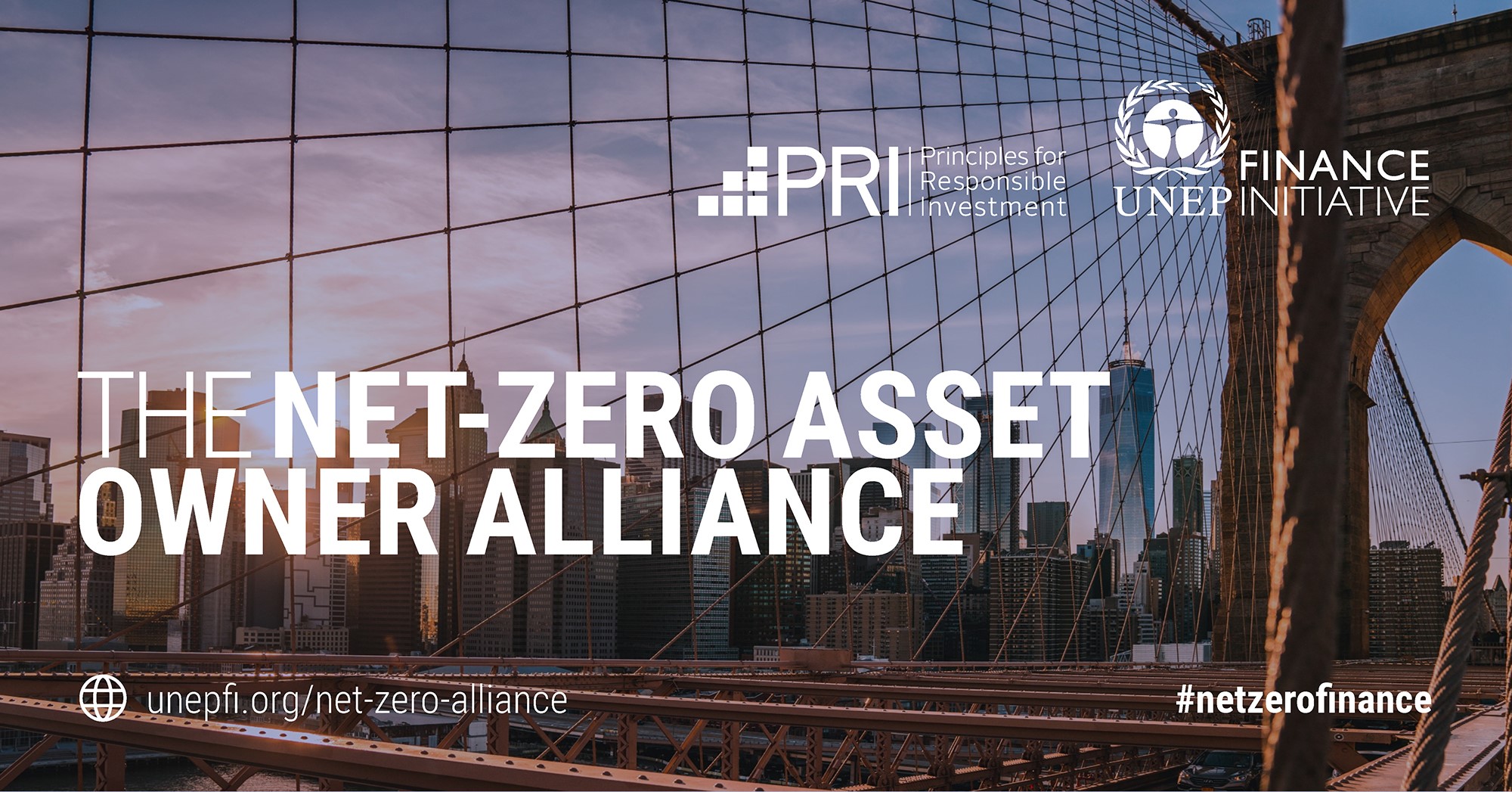The United Nations Joint Staff Pension Fund (UNJSPF) has joined the UN-convened Net-Zero Asset Owner Alliance, becoming the 27th member.
The Office of Investment Management said in a statement: “As a pension fund with long-term investment horizons and liabilities, UNJSPF is vulnerable to the financial impact resulting from both transition and physical risks caused by climate change. It is our fiduciary duty to protect the long-term financial interest of our beneficiaries.”
“As codified in the Paris Climate Agreement and United Nations Sustainable Development Goals, we have a key role to play in catalyzing decarbonization of the global economy and investing in climate resilience,” it added.
The Fund also announced a commitment to implement the recommendations of the Task Force on Climate-related Financial Disclosures (TCFD).
“Collaboration with both initiatives will enhance our climate strategy to safeguard long-term returns by managing our investment portfolios in a climate-proof manner,” the UNJSF said in the statement.

This comes after OIM has announced at the Secretary General’s Climate Action Summit on 23 September 2019 its divestment from thermal coal (read more here).
Joining the Net-Zero Asset Owner Alliance will give OIM access to the best in class knowledge from peers on Paris-aligned climate finance change and will help enhance our sustainable investing approach to convert our assets to carbon neutrality by 2050.
Active engagement is a main component to ensure that companies align their business models with transition pathways consistent with the Paris Agreement. This is already embedded in the OIM engagement strategy and ongoing dialogue with portfolio companies.
About the Net-Zero Asset Owner Alliance
The Alliance is an international group of institutional investors committed to transition their investment portfolios to net-zero greenhouse gas (GHG) emissions by 2050, which was launched at the Secretary-General’s 2019 Climate Action Summit. The initiative is centered upon a united investor action to align portfolios with a 1.5°C scenario, addressing the finance goal (Article 2.1c) of the Paris Agreement.


